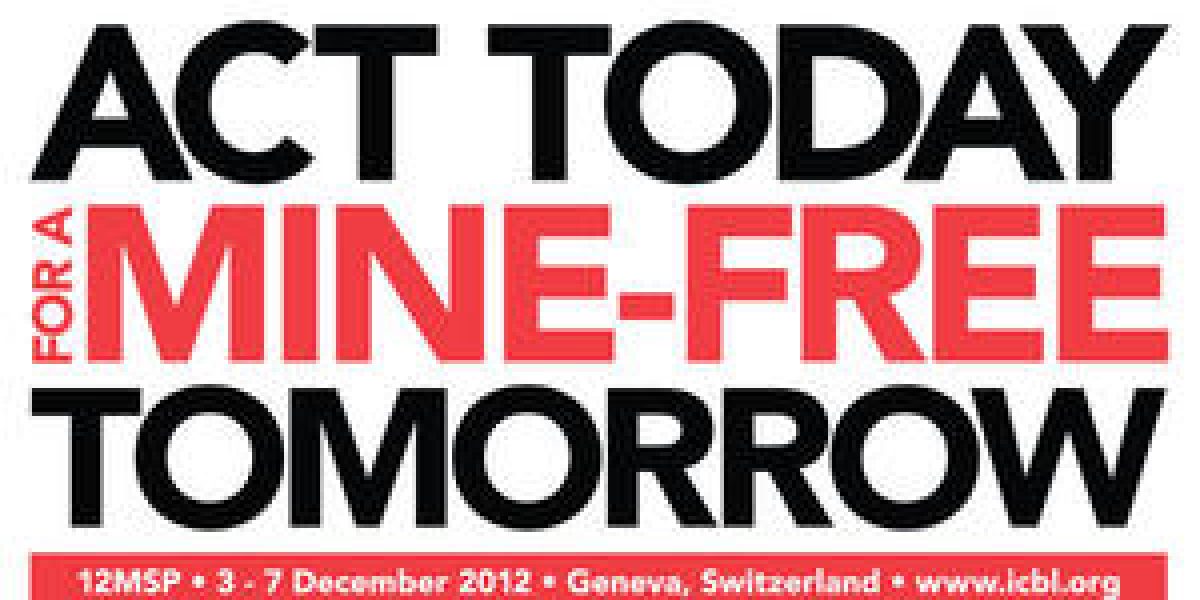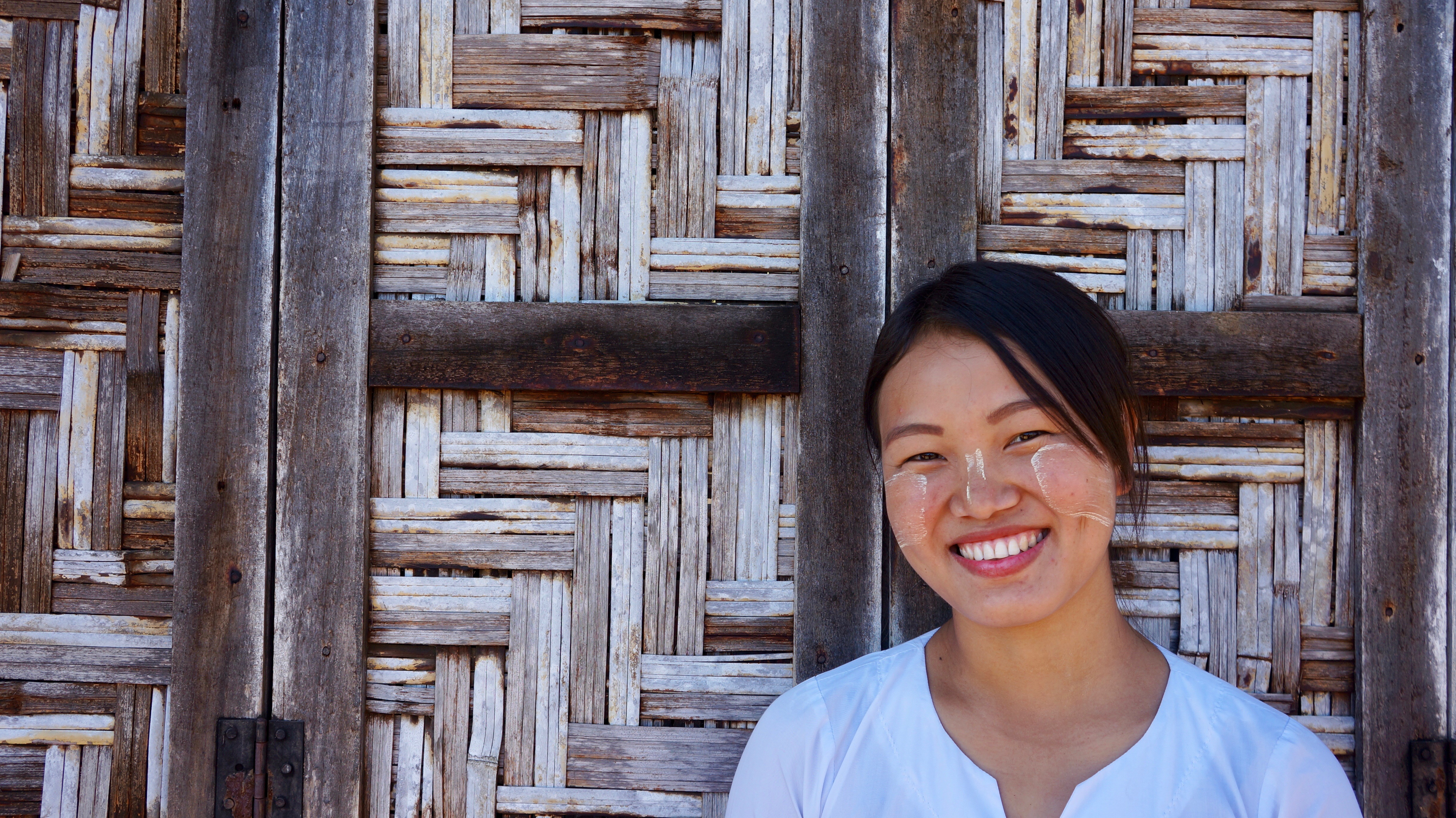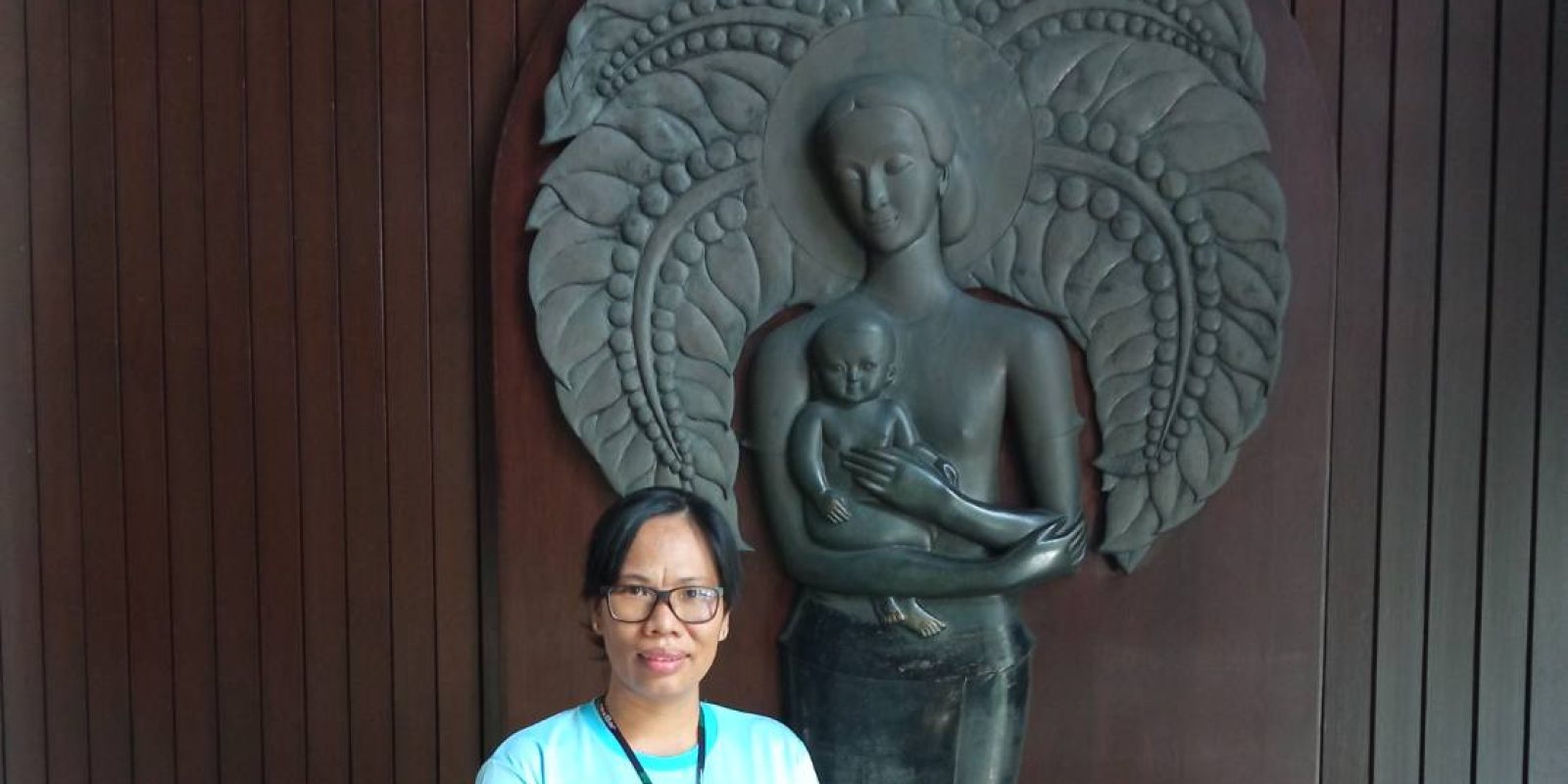Asia Pacific: Landmines, cluster munitions and other unexploded ordnance add threat to refugees
20 June 2013

Asia Pacific, 20 June 2013– On World Refugee Day the Nobel Prize winning International Campaign to Ban Landmines (ICBL) and the Cluster Munition Coalition (CMC) is calling on states to eliminate the harrowing risks that refugees and asylum seekers face from landmines and unexploded ordnance. States must protect refugee victims and urgently respond to their needs.
“Landmines and Refugees: The Risks and the Responsibilities to Protect and Assist Victims” released today by the ICBL-CMC’S Landmine and Cluster Munition Monitor, focuses on the conditions for victims and refugees fleeing from, or into, 20 different countries contaminated by landmines and other explosive hazards, including cluster munitions; and the experiences of returnees to another five affected countries.
Firoz Alizada, ICBL Campaign Manager knows first-hand the devastating effect of mines on displaced individuals. “Those refugees or IDPs that survive are among the most vulnerable, like other persons with disabilities. They are the first to be affected physically, socially and economically and the last to get assistance,” said Alizada. “I am a double-amputee landmine survivor and I didn’t receive any assistance from anyone but my family during the five years I lived in Pakistan,” said Alizada, a native of Afghanistan.
The borders refugees are forced to cross when fleeing their countries are contaminated by explosive hazards. Refugees fleeing Syria and entering Turkey are injured or killed by these hidden, indiscriminate weapons, with most known casualties to date due to new use of landmines by the government of Syria. But some casualties were also reported from long-existing minefields.
Many of the exceptional challenges faced by refugee landmine victims are shared by family members the paper notes.
Awala Lahbib is a landmine survivor leader in Western Sahara from ICBL-CMC member, Saharawi Association of Mine Victims (ASAVIM). Interviewed in the refugee camps in Algeria, he said, “The majority of landmine and cluster munition survivors have extended families to support. Under the harsh refugee camp conditions the other family members are not able to take over the role of main provider. This leaves most survivors continuously struggling to provide nourishment and ensure the basic survival of their families.”
The “Landmines and Refugees” paper also highlights how refugees and the displaced are victimized upon their return across borders to their contaminated home villages.
The Monitor is the research arm of the International Campaign to Ban Landmines – Cluster Munition Coalition (ICBL-CMC). The ICBL was awarded the 1997 Nobel Peace Prize for its work to eradicate landmines.
Links:
- Landmines and Refugees: The Risks and the Responsibilities to Protect and Assist Victims is available at: http://www.the-monitor.org/index.php/content/view/full/25018.
- More information about the ICBL-CMC is available at: www.icbl.org and www.stopclustermunitions.org



